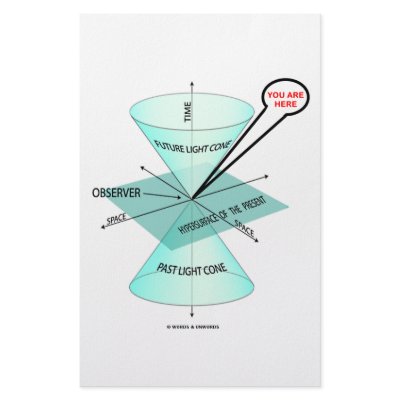
I've always enjoyed reading science fiction and fantasy. For a time, that is about all I read. Eventually, thankfully, my brain matured and my interests broadened. But, visiting the library, I will still occasionally snag a book out of the New Purchases section of the good old comfort food of SF&F packaged in a lurid jacket.
About a year ago, I came across an author of a short story in a Best Of Anthology named Kage Baker. Her universe was intriguing, and I ended up reading a collection of her short stories and one novel. Can't remember the name of the books, but since Kage Baker just recently died from cancer, there will be no more.
The stories were time travel stories, but with her Kage's unique twist. A corporation in the 24th century had developed time travel. Named Dr. Zeus, Inc. (or Jovian Integrated Systems), the company offered tourist packages into the past, and also ran a very nice sideline of sequestering treasures and artifacts of the past for retrieval in the future. This exploitative archival portion of the business was far from altruistic. These priceless objects, thought to be lost to the past, brought a hefty profit to the company's bottom line.
Like any good universe builder, Kage had rules.
Rule#1 (always a good rule for time travel stories): You Can't Change The Past. Caesar, Lincoln, Kennedy are always assassinated. The Titanic always sinks. The Space Shuttles always blow up. This one simple rule avoids all of the paradoxes inherent in time travel, like the Grandfather Paradox. (Time traveller goes back in time and kills his grandpa. But if grandpa is dead, the time traveller never exists. If he never exists, he cannot kill his grandpa).
The nice dramatic consequence of Rule#1 is that a time traveller can find loopholes around fixed past events. For example, they could smuggle gold off the Titanic before it sinks. Or steal books from the Library of Alexandria before it burns.
The clunky consequence of Rule#1 is that if a time traveller interferes in past events (pretty unavoidable by just being there), then they were supposed to interfere. So, if a time traveller killed his grandpa by mistake, it will turn out that grandma had slept with someone else who was his (or her) real grandpa. Kind of a safe, pat way to go about things, I admit.
Rule#2: You Can Only Travel Into The Past. You would think that the dangerous part of time travel would be changing the past. But since Rule #1 above takes care of that, there should be no worries. But forbidding travel into the future avoids the complication of travellers mucking about with their own lives, by gaining unfair advantage, perhaps second guessing themselves, or even worse, changing their own lives to avoid some future unpleasantness. But that would, in a sense, from their future self's sense, involve changing their own past, which is not allowed.
Other than these two rules, anything goes. And it leaves quite a bit of wiggle room. As you would expect, a time travelling corporation, not being able to change the past, can still influence people and events to their not inconsiderable advantage. As you would expect, such a corporation, by the time the 24th century rolls around, pretty much has control of everything.
And so it was in Kage's universe. By the time the 24th century rolls around, events and opinions have been manipulated so that, well, we are all a lot more docile and easy to manage than, say , cave people. Everyone is a vegetarian. Most pleasures, both licit and illicit, have been outlawed. All media outlets and sources of information, for that matter any source of anything, are controlled and owned by The Company. Humanity has been reduced to soft, pampered, docile, scared little animals - kind of like the present day US of A.
So, it was a fun but creepy universe. Thanks, Kage. I enjoyed it.

Have you read the Repairman Jack books (can't think of the author's name but you can google it)? totally different story line but really good.
ReplyDelete